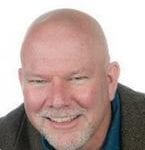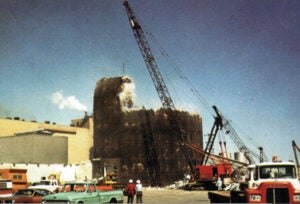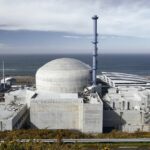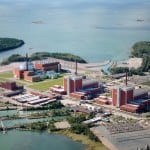The French government is prepared to take full control of EDF, one of the world’s largest producers of electricity, as the energy group struggles with increasing debt due to problems with its current and future nuclear power fleet.
Élisabeth Borne, who took over as France’s prime minister in May, in her first state-of-the-nation speech to the country’s parliament on July 6, said a power crisis exacerbated by Russia’s invasion of Ukraine means the government must take action to limit the impact of rising energy prices. Borne told legislators, “We must have full control over our electricity production and performance. We must ensure our sovereignty in the face of the consequences of war and the colossal challenges to come … that’s why I confirm to you the state’s intention to own 100% of EDF’s capital.”
EDF is facing construction delays and cost overruns on new nuclear power plant projects in France and the UK. It also is dealing with corrosion issues at some of its older nuclear facilities. The company’s stock price has been nearly halved over the past year.
Re-Nationalize EDF
Borne said the government must re-nationalize EDF to ensure France’s energy independence while also meeting a major goal of combating climate change. She said, “The energy transition requires nuclear power.” France receives about 70% of its electricity from nuclear power, a larger share than any other country. Borne said nuclear must be supported because there can no longer be a reliance on oil and gas from Russia.
The French government at present has an 84% stake in EDF. Borne’s remarks come amid a period of political turmoil in France, as President Emmanuel Macron—re-elected to a second term in April—tries to court opposition parties after recent parliamentary elections deprived his governing coalition of a majority. Macron’s centrist alliance won the most seats in the national assembly, but is dozens of seats short of the absolute majority needed to pass legislation.
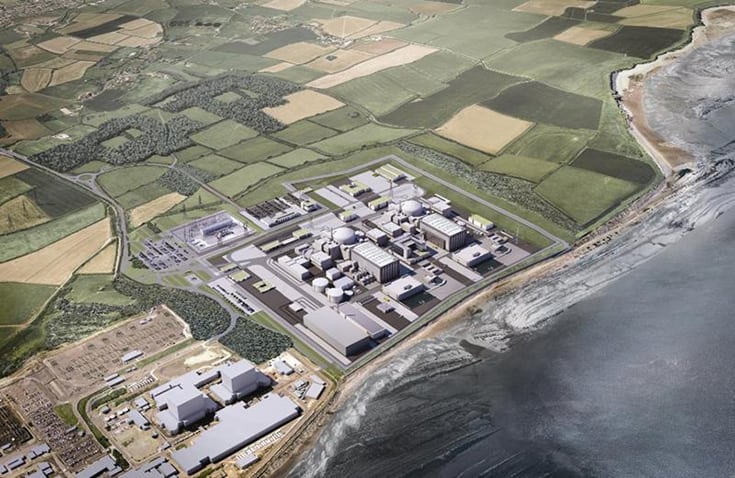
Macron has said he supports massive investment in new nuclear reactors as a foundation of France’s push for carbon neutrality. Left-wing politicians also have discussed the idea of nationalizing EDF. Borne’s speech was seen as an attempt to reach across the political spectrum of the divided parliament, as Macron’s centrist group must now seek to compromise with opposition lawmakers, in contrast to his first five-year term as president when his party had an absolute majority of legislators.
‘Disorder, Instability Not an Option’
Said Borne, “Disorder and instability is not an option for France.” In her speech, made as lawmakers chanted, shouted, and jeered, Borne said, “We must give back meaning to the word compromise … [and] approach every draft law in a spirit of [open] dialogue.”
Borne acknowledged that the government already has been criticized for delaying what has been called “urgent” climate legislation regarding renewable energy until at least September. She said environmental and climate concerns remain a priority for government. Macron, who when first elected in 2017 ran on a pro-business platform and promised to limit government regulation and spending, now says the French government should strive for economic and energy sovereignty to meet climate goals, and retake control of national industries.
Macron in February of this year announced a 51.7-billion euros ($52.7 billion) program to overhaul his country’s nuclear program. The strategy included plans for EDF to build as many as 14 large, next-generation pressurized water reactors by 2035.
EDF’s issues with nuclear power includes construction delays and cost overruns with some current projects. The company’s pressurized water reactor at Hinkley Point in the UK is at least four years behind schedule, and now not expected to come online until 2027. The Olkiluoto 3 nuclear plant in Finland, another EDF-led project, has been repeatedly delayed, though officials maintain it still could come online by year-end—13 years after its original start-up date.
EDF last winter told French officials that a steady supply of nuclear power from its reactors was in jeopardy due to a two-year maintenance backlog that stemmed from lockdowns during the COVID-19 pandemic.
—Darrell Proctor is a senior associate editor for POWER (@POWERmagazine).

